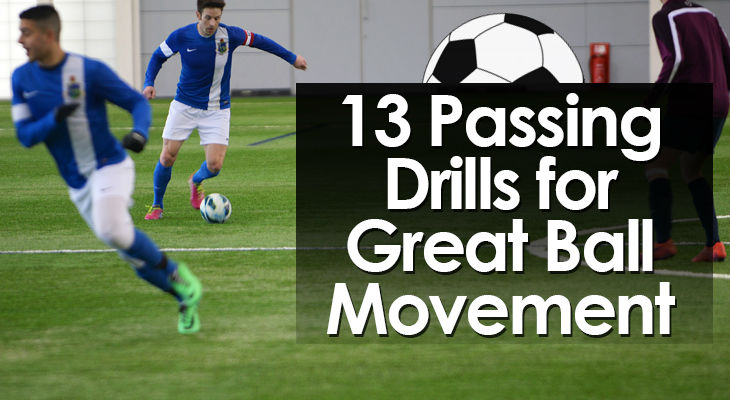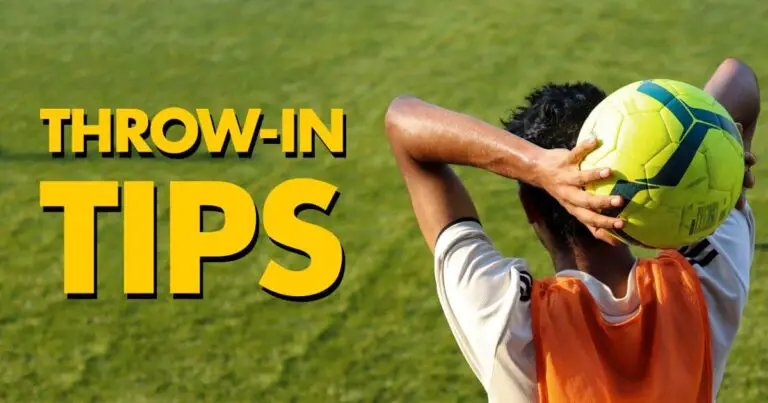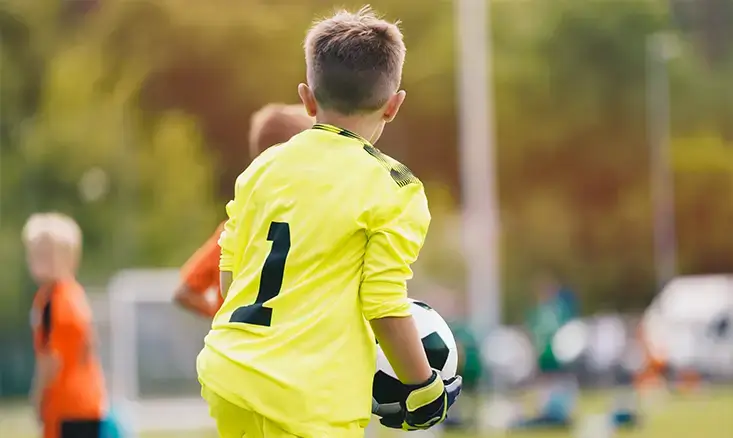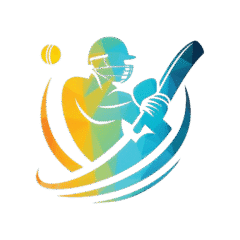5 Soccer Throw-In Drills to Improve Accuracy and Technique (2024 Update)
Throw-ins might not be the flashiest part of the game, but they can play a huge role in maintaining possession, creating attacking chances, and shifting momentum. Whether you’re restarting play under pressure or looking to launch a quick attack, having a solid throw-in technique gives your team a real advantage.
The truth is, many players overlook throw-ins in training. But if you want to level up your all-around game, working on throw-ins should be part of your weekly routine.
In this guide, we’ll walk through five effective soccer throw-in drills to help players of all levels improve form, accuracy, and decision-making.

Why Throw-In Drills Matter in Soccer
Most teams will take dozens of throw-ins during a match, especially in youth or amateur games where the ball often goes out of bounds. And yet, many of those throw-ins end up in turnovers or wasted opportunities.
Here’s why training throw-ins is important:
- Retain possession – A bad throw can instantly give the ball away.
- Start attacks – A well-placed throw can spark a fast break or bypass multiple defenders.
- Exploit space – Smart throw-ins take advantage of defensive gaps.
- Stay within the rules – Practicing proper technique prevents foul throws.
Whether you’re the designated throw-in taker or just want to be more useful on the touchline, these drills will help you stay sharp.
5 Soccer Throw-In Drills to Sharpen Your Skills
These drills focus on technique, power, timing, movement, and in-game scenarios. They’re simple to set up and work well for solo training or team practice.
1. Basic Technique Throw
Purpose: Build a solid foundation of legal and consistent throw-in form.
How to Set It Up:
- Use a sideline or set up cones to mimic the touchline.
- Stand behind the line with both feet on the ground (heels down or toes touching).
- Use a soccer ball with standard grip and form.
How to Perform:
- Keep both hands on the ball equally.
- Bring the ball behind your head, and then release it over the top using both arms equally.
- Your feet must stay grounded during the throw.
Key Focus Points:
- Keep your elbows straight during the release.
- Follow through smoothly with your arms and upper body.
- Work on consistent technique, not distance.
Why It Works:
This drill helps players build muscle memory for legal throw-ins and prevents foul throws, which can cost your team possession.
2. Target Throw Drill
Purpose: Improve accuracy and consistency in short and medium-range throw-ins.
How to Set It Up:
- Place cones or a teammate 5–10 yards from the touchline.
- Create different target zones: head-level, chest-level, and ground passes.
How to Perform:
- Practice throwing into specific zones (e.g., near the feet or chest).
- Alternate between short throws and medium-range throws.
- Challenge yourself to hit the target 8 out of 10 times.
Advanced Option:
- Add a defender to simulate pressure.
- Practice quick throw-ins to moving targets.
Why It Works:
Players become more comfortable placing the ball exactly where teammates need it, instead of just tossing it and hoping for the best.
3. Running Throw-In Drill
Purpose: Add momentum and distance to your throw while keeping form legal.
How to Set It Up:
- Create a short runway (about 3–5 steps) leading up to the sideline.
- Mark the throw-in line clearly with tape or cones.
How to Perform:
- Take a few steps forward, then execute a proper throw-in motion.
- Practice both short and long throws using the running start.
- Focus on timing your foot plant and release for maximum power and accuracy.
Important Tips:
- You must plant both feet before releasing the ball.
- Do not lift a foot or jump—this leads to a foul throw.
Why It Works:
This drill teaches players how to generate more power and distance legally, useful when trying to reach midfield or switch play.
4. Give-and-Go Throw-In Drill

Purpose: Build chemistry between the thrower and the receiver, and simulate real-game movement.
How to Set It Up:
- One player acts as the thrower.
- The other stands 5–7 yards away and acts as the receiver.
- Mark out a sideline and small movement zones with cones.
How to Perform:
- Receiver fakes a run, then checks back to receive the throw.
- After the throw-in, the receiver returns a quick pass to the thrower.
- The thrower dribbles or passes to complete the play.
Variation:
- Add a defender to pressure the receiver.
- Work on two-touch or one-touch return passes.
Why It Works:
In real games, throw-ins are rarely static. This drill helps simulate quick give-and-go movements that keep defenders on their heels.
5. Throw-In Under Pressure

Purpose: Practice making smart throw-ins under game-like pressure.
How to Set It Up:
- Divide players into two teams: throwers and defenders.
- One thrower, one receiver, and one defender inside a 10×10 yard area.
- Ball starts out of bounds near the thrower.
How to Perform:
- The thrower must pick the best option while being pressured by the defender.
- The receiver moves to get open and secure possession.
- Once the throw is complete, the pair must keep possession for 5 seconds.
Progression:
- Add a second defender.
- Create 2v2 or 3v3 scenarios.
Why It Works:
This is a game-realistic drill that trains decision-making, timing, and awareness during live throw-in situations.
Pro Tips for Better Throw-Ins
- Stay calm. Rushing the throw often leads to turnovers.
- Scan the field. Always look before you throw. Know where your teammates are moving.
- Use feints. Fake a long throw or look one way and throw the other.
- Practice both long and short throws. Versatility is key.
- Keep your technique clean. Avoid foul throws—those give the ball away for free.
FAQs: Throw-In Drills & Technique
Q: How often should I practice throw-ins?
A: Two to three short sessions per week are great. Even 10–15 minutes a day can help you improve control and accuracy.
Q: Can I lift a foot when doing a throw-in?
A: No. Both feet must stay on the ground—either touching or behind the touchline—until the ball leaves your hands.
Q: Are long throw-ins legal?
A: Yes! As long as the technique is correct, a long throw-in is a powerful weapon. Some players even throw as far as a corner kick.
Q: Can I score directly from a throw-in?
A: No. If the ball goes directly into the goal from a throw-in without touching anyone, it doesn’t count.
Q: Should young players learn throw-ins early?
A: Absolutely. Teaching proper form early on helps avoid bad habits and ensures legal throws during games.
Final Thoughts
Throw-ins might seem simple, but they offer a ton of strategic value. A clean, accurate throw can help keep possession, shift the tempo, or even spark a goal-scoring chance. On the other hand, a sloppy throw often leads to turnovers and missed opportunities.
By practicing these five essential throw-in drills, you’ll improve your form, your focus, and your ability to make smart decisions under pressure. Whether you’re a defender looking to reset play or a winger trying to launch a quick attack, throw-ins are a key part of your soccer toolkit.
So don’t overlook this part of your game. Train it, master it, and watch how it makes a difference on match day.



